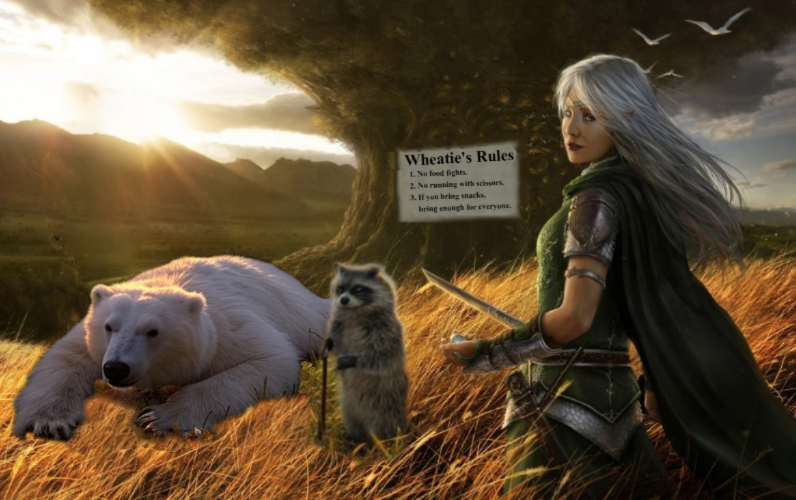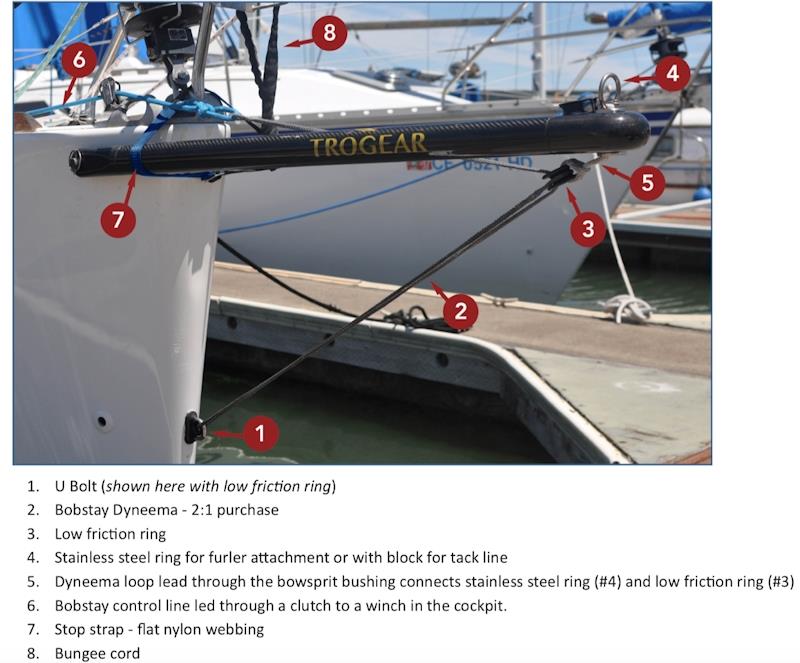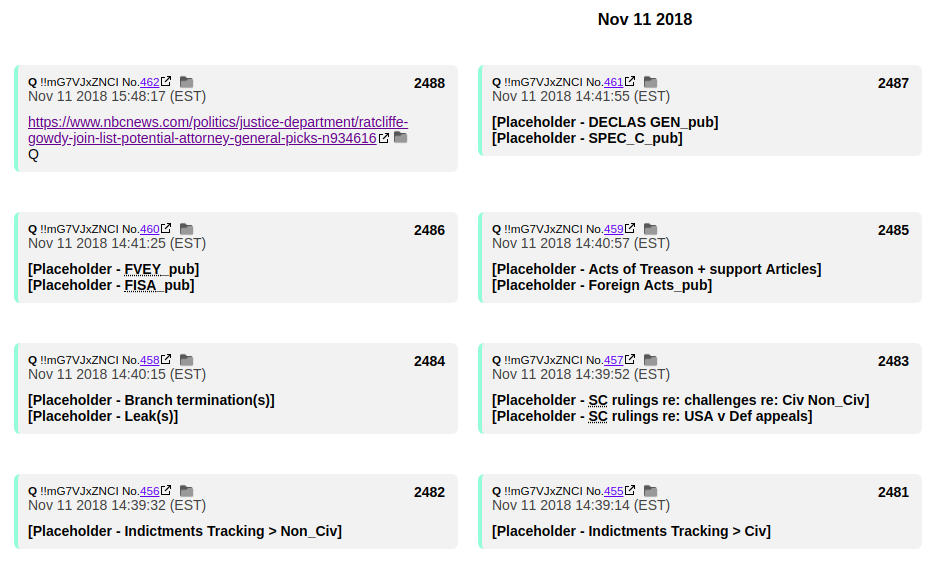Joe Biden never won. This is our Real President – 45, 46, 47.

AND our beautiful REALFLOTUS.
This Stormwatch Monday Open Thread remains open – VERY OPEN – a place for everybody to post whatever they feel they would like to tell the White Hats, and the rest of the MAGA/KAG/KMAG world (with KMAG being a bit of both).
And yes, it’s Monday…again.

But we WILL get through it!
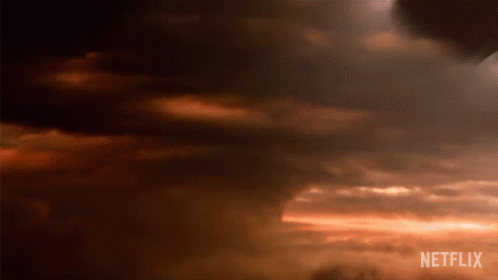
We will always remember Wheatie,

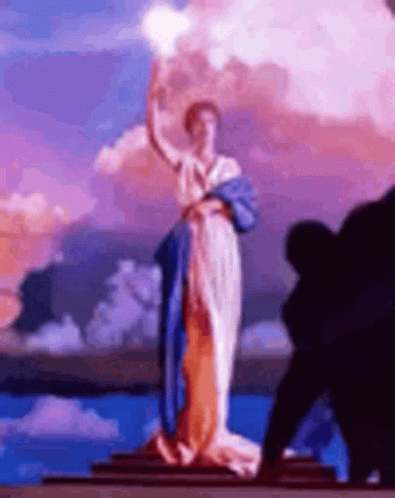
Pray for Trump,
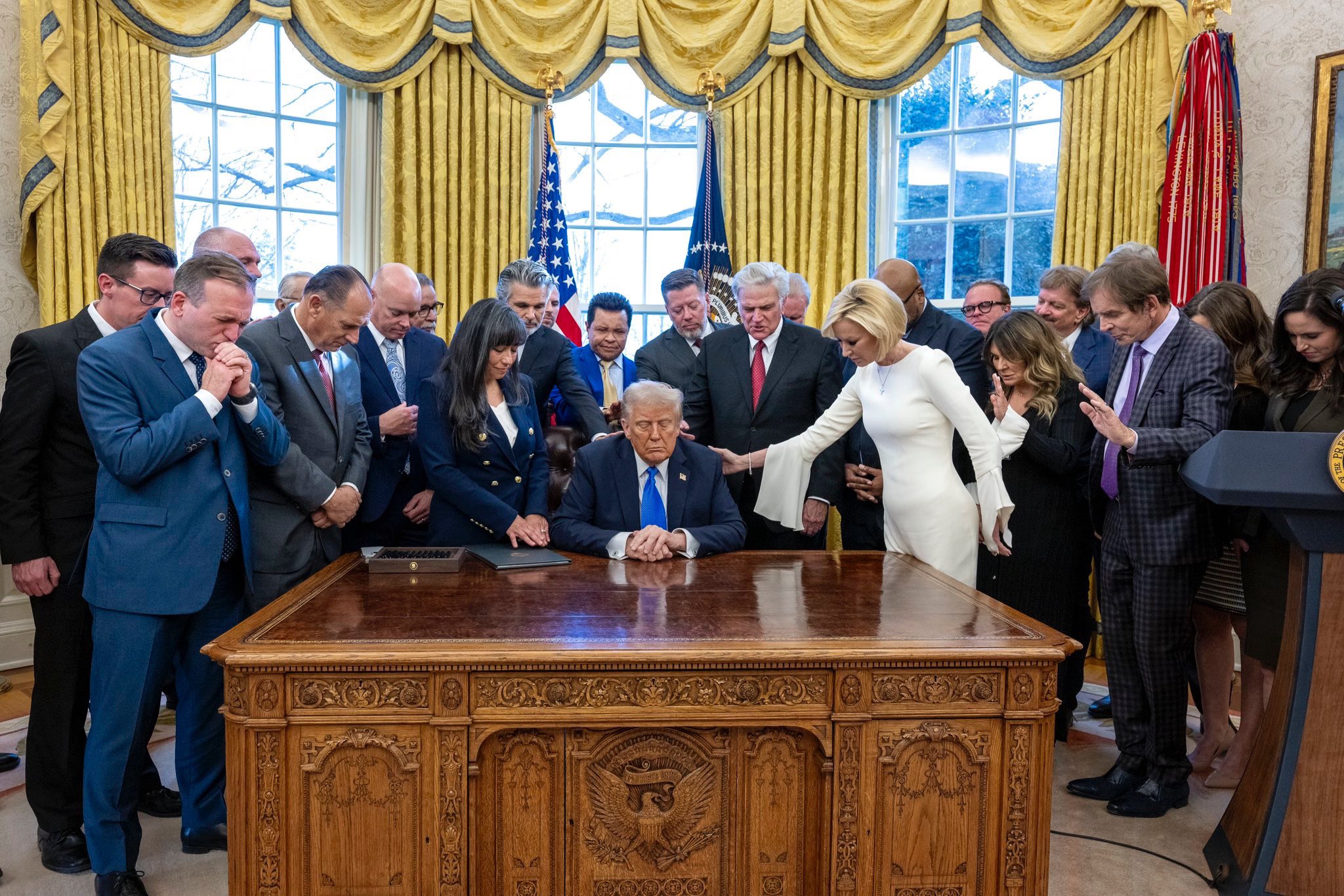
Yet have fun,
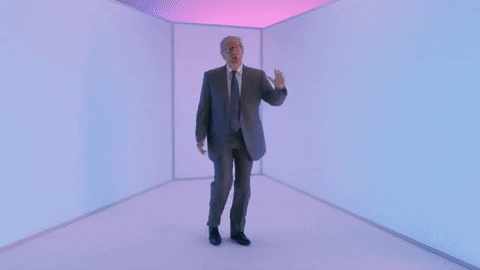
and HOLD ON when things get crazy!

We will follow the RULES of civility that Wheatie left for us:
Wheatie’s Rules:
- No food fights.
- No running with scissors.
- If you bring snacks, bring enough for everyone.
And while we engage in vigorous free speech, we will remember Wheatie’s advice on civility, non-violence, and site unity:
“We’re on the same side here so let’s not engage in friendly fire.”
“Let’s not give the odious Internet Censors a reason to shut down this precious haven that Wolf has created for us.”
If this site gets shut down, please remember various ways to get back in touch with the rest of the gang:
- Our backup site, The Q Tree 579486807, https://theqtree579486807.wordpress.com/
- Our old alternative site, The U Tree, where civility is not a requirement
- Our Gab Group, which is located at https://gab.com/groups/4178
- Our various sister sites, listed in the Blogroll in the sidebar
Our beloved country is under Occupation by hostile forces.

Daily outrage and epic phuckery abound.
We can give in to despair…or we can be defiant and fight back in any way that we can.
Joe Biden didn’t win.
And we will keep saying Joe Biden didn’t win until we get His Fraudulency out of our White House.
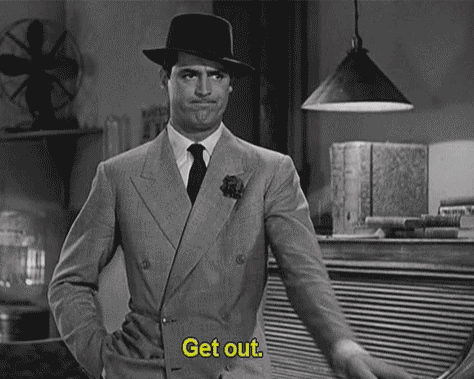
Wolfie’s Wheatie’s Word of the Week:
cataclasm
noun
- disruption
- breaking down or asunder
- alternative spelling of cataclysm
Used in a sentence
Cataclasm doesn’t always mean the same thing as cataclysm.
Shown in a picture – kinda
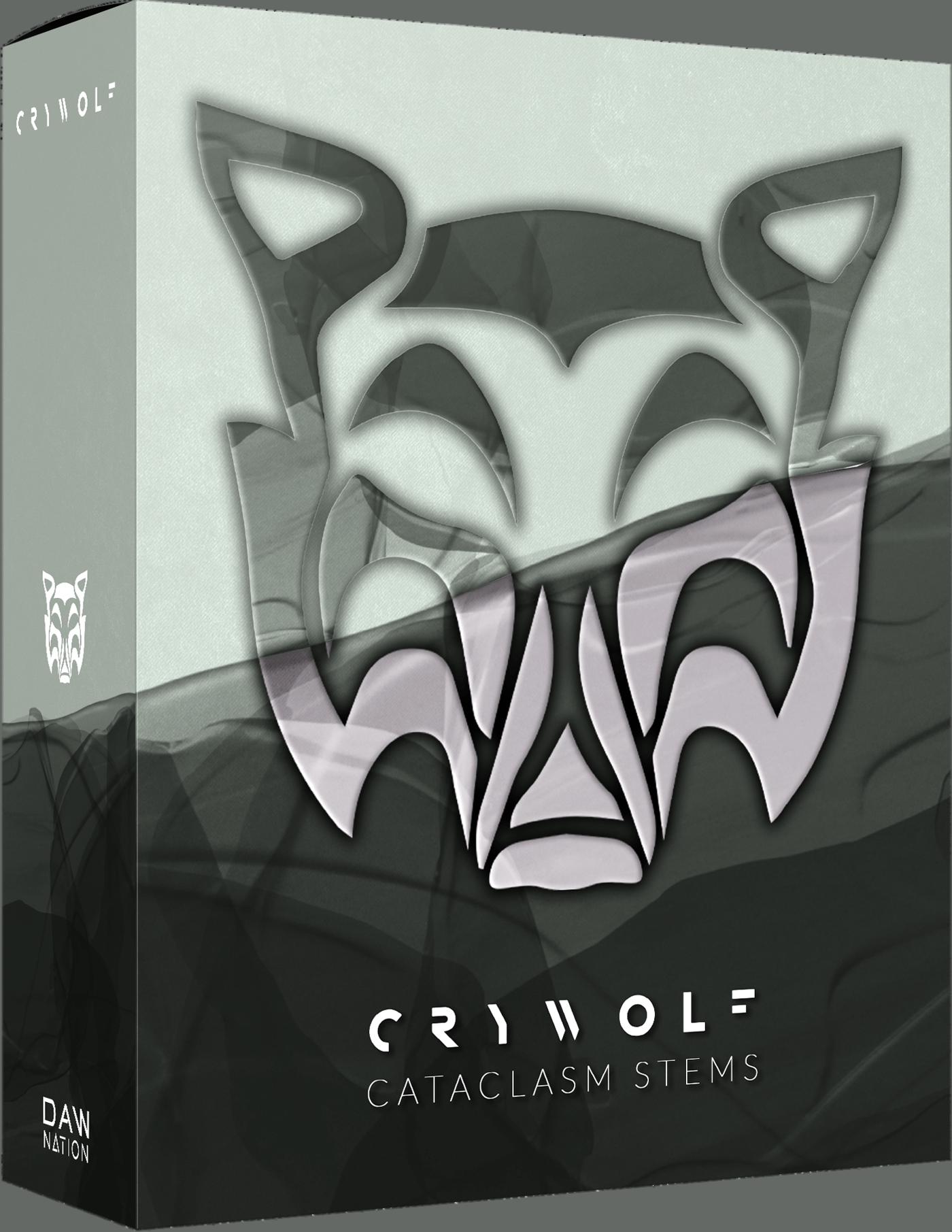
Used as an album title of a song in a video
MUSIC!
Gothic Epic music – song called Cataclasm
THE STUFF
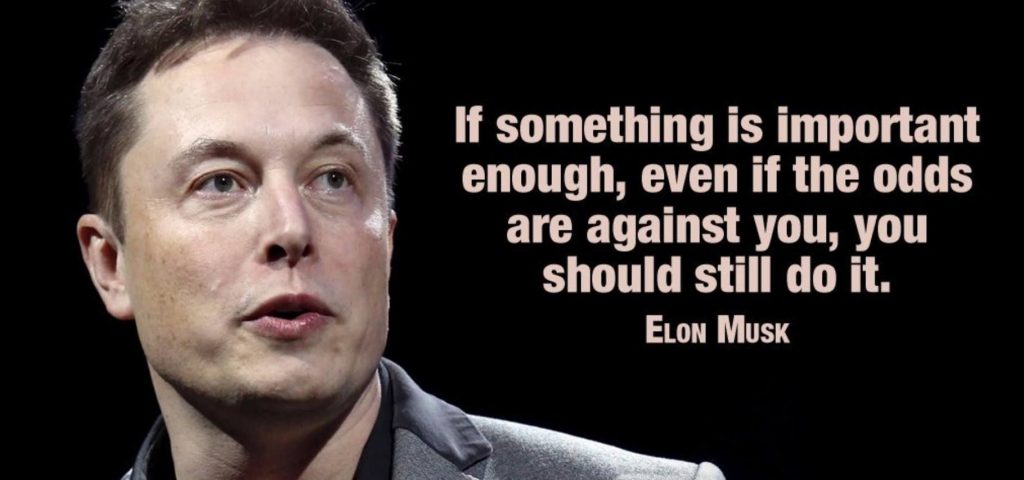
I had an epiphany watching the following video.
See if I can help you see it, too.
The problem with evolution is that it’s like quantum mechanics. Despite being powerful, explanatory and extremely predictive, it is both “incomplete” and has “interpretations”.
The interpretations carry baggage designed to shape worldview beyond what the science itself can say. And they also influence what the science can say easily, and what it has to say with more difficulty.
When Veritasium Dude (Derek Muller) sighs and gives in to Dawkins’ “selfish gene” idea, he is really giving in to an interpretation. That interpretation, like any interpretation in quantum mechanics, highlights some aspects of the science more than others. I can formulate the exact same science – even the same math – as the “sharing/shared gene” interpretation. Or, to name it a bit more objectively, the network interpretation of evolution.
The fact is, Dawkins formulated evolution in a way – an interpretation – that would best sell his bias toward his own atheistic assumptions about the universe. He asserts that every gene number “n” in a larger population “m” is composed of a bunch of selfish “1”s. I can likewise assert that “n” is a metric of collaborative, shared success within “m”, orienting its unit members not only toward their own shared success, but also toward the goal of influencing larger system success, struggling toward the unity of perceiving and becoming one with the creative intelligence. And it’s the same math.
It’s an interpretation.
Dawkins knows that humans tend to see the gene as microscopic and less than the individual – but it’s just as valid to see the gene as a topological connection – a filament uniting individuals, not just through gene space, but through function space. I would allege that this alternative network interpretation shows more, deeper, and larger subtleties of evolution, including causation, anthropological history, and gradients in the development of intelligence.
The individualization of the gene is an excellent and useful approximation, but one that hides some of the gene’s most fascinating potentials, as a shared entity.
And as explained in the video, it all boils down to the mathematics…..created IN THE BEGINNING.
Just sayin’!
And remember…….
Until victory, have faith!
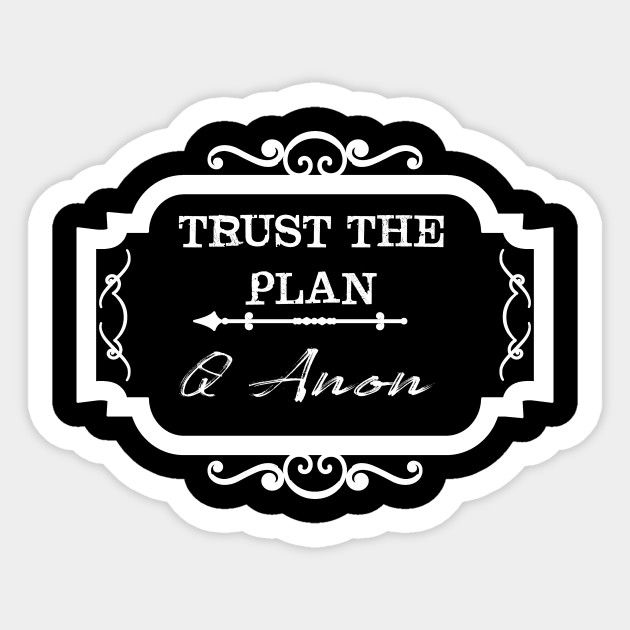
And trust the big plan, too!

And as always….

ENJOY THE SHOW

W

